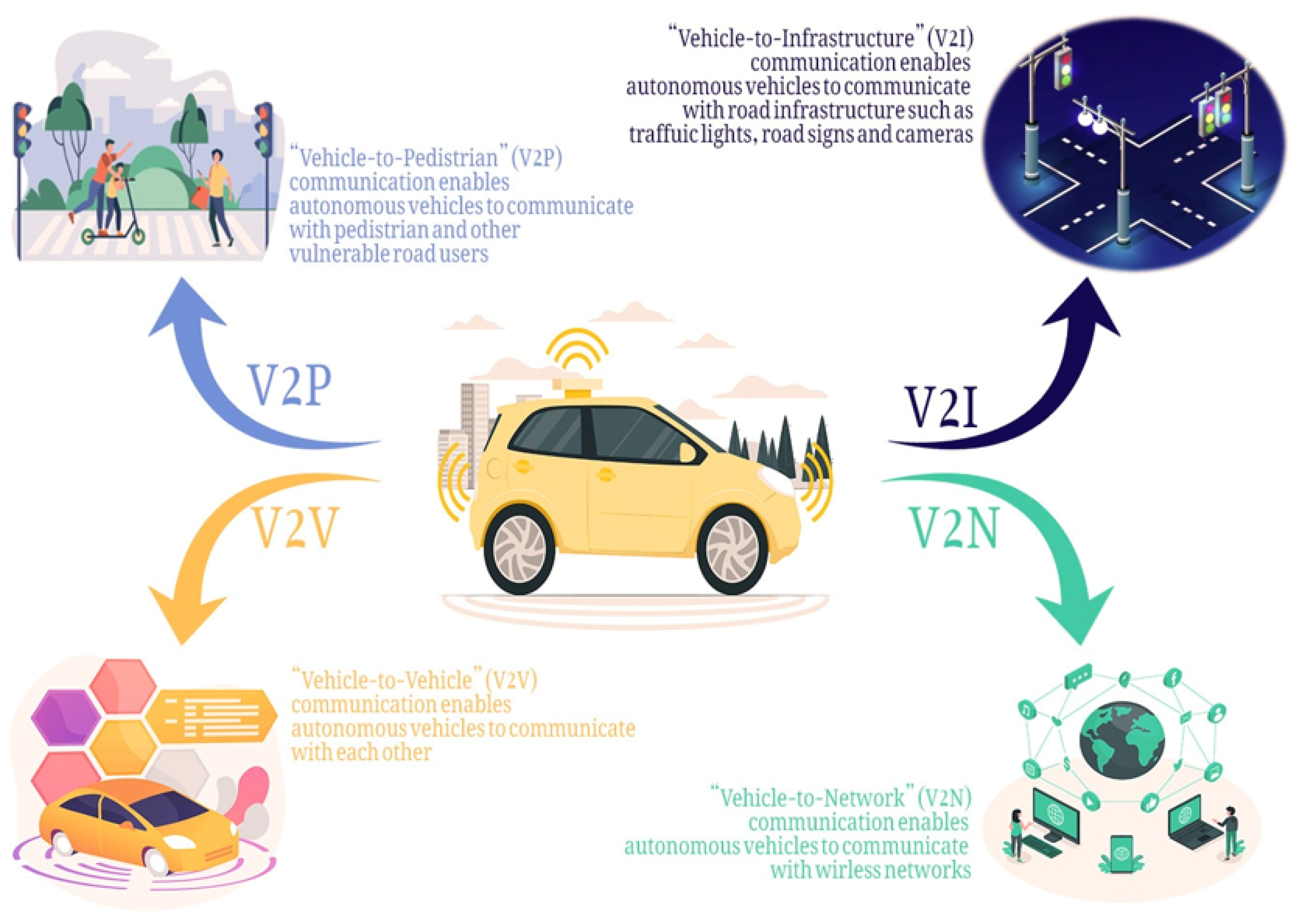As artificial intelligence (AI) increasingly integrates into various facets of society—from healthcare and finance to transportation and entertainment—its ethical implications are becoming a focal point of discussion. The rapid advancement of AI technology brings with it significant opportunities but also presents complex ethical challenges. Understanding and addressing these ethical considerations is crucial to ensuring that AI development benefits society while minimizing potential harm.
The Importance of Ethical AI Development
Ethical AI development is essential for several reasons:
- Ensuring Fairness and Avoiding Bias: AI systems are often trained on large datasets, which can inadvertently perpetuate existing biases. If not carefully managed, this can lead to discriminatory outcomes, such as biased hiring practices or unfair lending decisions. Ensuring fairness in AI involves developing algorithms that are transparent and scrutinizing data sources to avoid reinforcing societal inequalities.
- Protecting Privacy: AI systems frequently handle vast amounts of personal data, raising significant concerns about privacy. The collection, storage, and use of this data must be managed with stringent security measures and transparent privacy policies. Users should be informed about how their data is being used and have control over their personal information.
- Maintaining Accountability: AI systems can make autonomous decisions, but assigning responsibility for these decisions is challenging. Establishing clear lines of accountability ensures that there is a mechanism for addressing grievances and seeking redress when AI systems cause harm or make erroneous decisions.
Key Ethical Considerations in AI Development
- Transparency and Explainability: AI algorithms can be complex and opaque, often described as “black boxes” due to their inability to provide understandable explanations for their decisions. Ensuring transparency involves making AI systems more interpretable and providing users with insights into how decisions are made. This is crucial for trust and for enabling individuals to challenge and understand AI-driven outcomes.
- Safety and Security: AI systems must be designed to operate safely and securely, minimizing risks of malfunction or misuse. This includes robust testing to ensure reliability, as well as safeguards to prevent harmful applications. In areas like autonomous vehicles or medical diagnostics, the stakes are high, and rigorous safety protocols are essential.
- Ethical Use of AI: The application of AI technology should align with ethical principles and societal values. This involves considering the broader impact of AI systems, such as their potential to exacerbate job displacement or influence public opinion through manipulated content. Developers must evaluate the potential consequences of their technologies and seek to mitigate adverse effects.
- Inclusivity and Accessibility: AI systems should be designed to be inclusive and accessible to all segments of society. This means considering diverse perspectives in the development process and ensuring that AI technologies do not exclude or disadvantage marginalized groups. Inclusivity promotes fairness and broadens the positive impact of AI.
Approaches to Ethical AI Development
- Ethical Guidelines and Frameworks: Many organizations and governments are developing ethical guidelines and frameworks for AI development. These frameworks often address issues such as fairness, accountability, and transparency. Following established guidelines can help developers align their work with ethical standards and regulatory requirements.
- Diverse Teams and Perspectives: Building diverse teams that include various backgrounds and expertise can help identify and address ethical issues that may not be apparent to a homogenous group. Diverse perspectives contribute to more comprehensive and balanced approaches to AI development.
- Ongoing Monitoring and Evaluation: Ethical considerations in AI are not static but evolve as technology advances and societal values shift. Ongoing monitoring and evaluation of AI systems are necessary to ensure they continue to operate within ethical boundaries and adapt to changing contexts.
- Public Engagement and Education: Engaging with the public and educating users about AI technologies can foster greater understanding and trust. Transparency about how AI systems work and their potential impacts helps demystify technology and encourages responsible use.
Conclusion
The ethics of AI development is a multifaceted and evolving field, crucial to guiding the responsible advancement of technology. By prioritizing fairness, transparency, accountability, and inclusivity, developers can help ensure that AI technologies contribute positively to society. Addressing these ethical considerations proactively and collaboratively will be key to harnessing the transformative potential of AI while safeguarding against its risks and challenges. As we continue to advance in the realm of AI, a commitment to ethical practices will be essential in shaping a future where technology serves humanity’s best interests.





